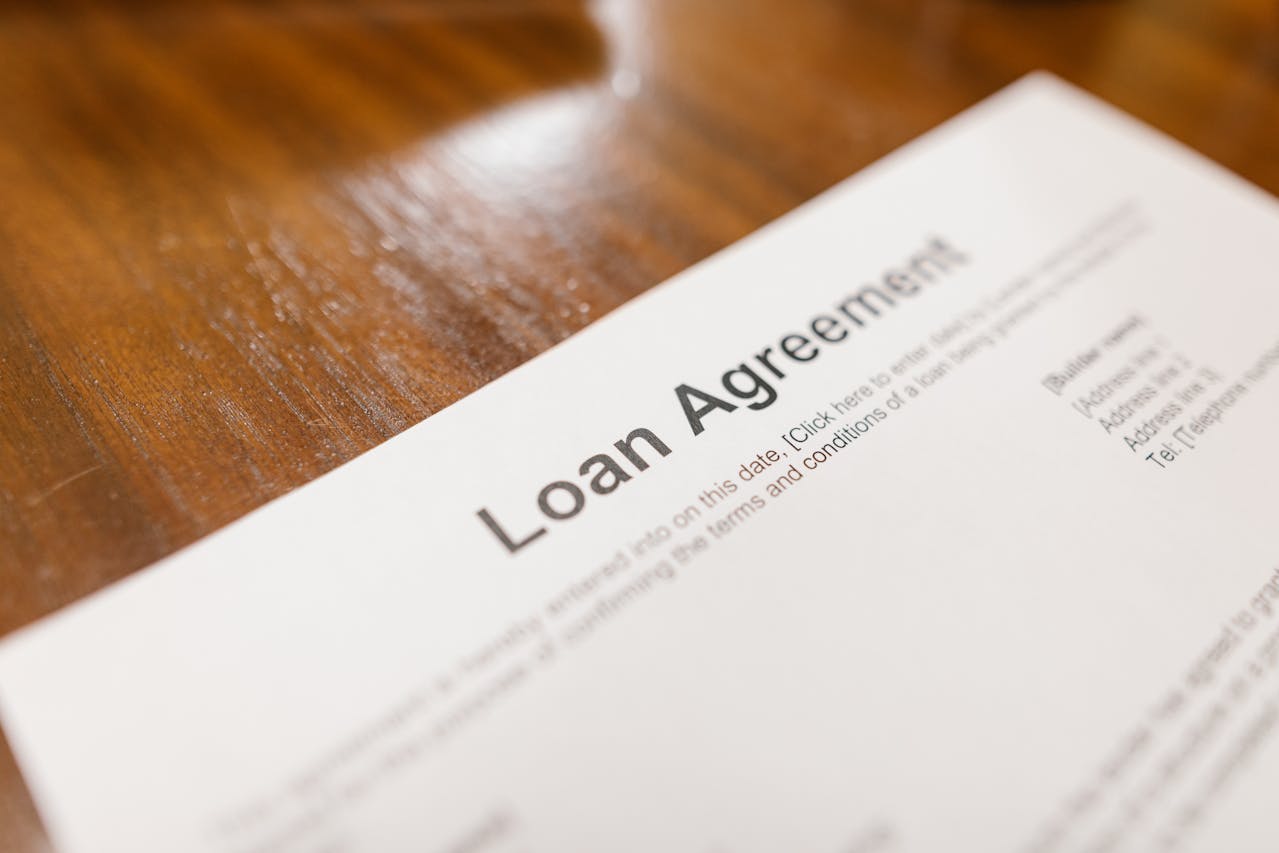1. A New Lending Landscape in the 2025 Housing Market
In early 2025, the U.S. housing market is undergoing a structural shift. The Federal Reserve has paused rate hikes, but mortgage rates remain high, putting pressure on buyers. Inventory remains tight, especially for mid- and low-priced homes, making first-time homebuyers and young families the main market force.
According to Q2 2025 data from the National Association of Realtors (NAR), around 62% of mortgage applicants cited “borrowing costs” as their top concern. Against this backdrop, comparing FHA loans and conventional loans becomes a crucial part of making a smart buying decision.
2. FHA Loans vs Conventional Loans: Key Definitions
| Feature | FHA Loans (Federal Housing Administration) | Conventional Loans |
|---|---|---|
| Backed by | Government | Private lenders (non-government) |
| Minimum Down Payment | 3.5% | 3% (but usually 5–20%) |
| Credit Score Required | 580 for 3.5% down | Typically 620+, sometimes 700+ |
| Mortgage Insurance | Mandatory for life of loan | Only if LTV > 80%, can be removed later |
| Loan Limits | Set per county (2025 average ≈ $498,257) | Higher limit ($766,550 for conforming loans in 2025) |
FHA loans are typically more suitable for first-time buyers with limited credit history or savings, while conventional loans favor those with higher scores and cash reserves.
3. Cost Breakdown in 2025: Interest, Insurance, and More
Interest Rates (2025 Average):
- FHA loans: 6.12%
- Conventional loans: 6.58%
(Source: Freddie Mac & Bankrate, June 2025)
FHA loans offer slightly lower rates, but since mortgage insurance cannot be canceled, they may cost more over the long run.
Mortgage Insurance:
- FHA: Upfront premium (1.75%) + monthly MIP (0.45%–1.05%)
- Conventional: Private mortgage insurance (PMI) if down payment <20%, usually 0.5%–1% of the loan amount annually. PMI can be removed when LTV reaches 80%.
Conclusion: For short-term holding, FHA may be cheaper. For long-term homeownership, conventional loans could save more over time.
4. 2025 Qualification Trends: What’s Changing?
Credit Score Standards:
FHA loans remain accessible with scores as low as 580. Conventional lenders are more cautious, typically requiring 680+ in 2025.
Debt-to-Income (DTI) Ratio:
FHA allows up to 57% DTI, making it more forgiving for those with existing debts. Conventional loans often cap DTI at 45%.
5. Who Should Choose What in 2025?
| Buyer Type | Best with FHA Loan | Best with Conventional Loan |
|---|---|---|
| First-time Buyer | ✅ | ❌ |
| Poor Credit History | ✅ | ❌ |
| Large Down Payment | ❌ | ✅ |
| Long-Term Ownership | ❌ | ✅ |
| High Income/Low Debt | ❌ | ✅ |
6. Pro Tips for Choosing in 2025
- If you have a score around 600 and limited down payment, FHA offers lower entry barriers.
- If you can afford 20% down and plan to hold the home for many years, conventional loans will reduce insurance costs significantly.
- For accurate forecasting, try the CFPB Loan Comparison Tool.
7. Bottom Line: Which Is “Better” Depends on You
There is no one-size-fits-all loan. Your decision depends on your credit, savings, homeownership plans, and how long you plan to stay in the home.
If you’re planning to buy in 2025, ask yourself:
- What’s my credit score?
- How much can I put down?
- Will I live here long-term?
- How much monthly payment can I handle?
- Am I okay with permanent mortgage insurance?
The answers will point you to the right choice.
FAQ: FHA Loans vs Conventional Loans in 2025
1. What is the main difference between FHA and conventional loans?
FHA loans are insured by the federal government and typically have easier credit and down payment requirements. Conventional loans are not government-backed and usually require better credit and higher down payments.
2. Which loan is better for first-time homebuyers in 2025?
FHA loans are often better for first-time buyers due to lower credit and down payment requirements. But if you have good credit and can afford 20% down, a conventional loan might save you more long term.
3. Can I avoid mortgage insurance with either loan?
Only conventional loans allow you to avoid or remove mortgage insurance—if you put down at least 20% or reach 80% loan-to-value. FHA loans require insurance for the life of the loan unless you refinance.
4. How do credit score requirements differ in 2025?
FHA loans require a minimum score of 580 for 3.5% down. Conventional loans in 2025 typically require a score of 680 or higher for favorable terms.
5. Are FHA loans cheaper in the long run?
Not necessarily. While FHA loans may have lower interest rates, their lifetime mortgage insurance costs can make them more expensive over the long term compared to conventional loans.
6. What are the FHA and conventional loan limits in 2025?
In most counties, FHA limits are around $498,000, while conventional conforming loans can go up to $766,550. Jumbo loans are available for amounts above these limits.
7. Can I refinance an FHA loan into a conventional loan later?
Yes. Many borrowers start with an FHA loan and refinance into a conventional loan once they improve their credit or build more equity, allowing them to drop mortgage insurance.
8. How do I choose between the two loan types?
Evaluate your credit score, down payment capacity, how long you plan to stay in the home, and whether you want to avoid mortgage insurance. Your personal situation should drive the decision.



